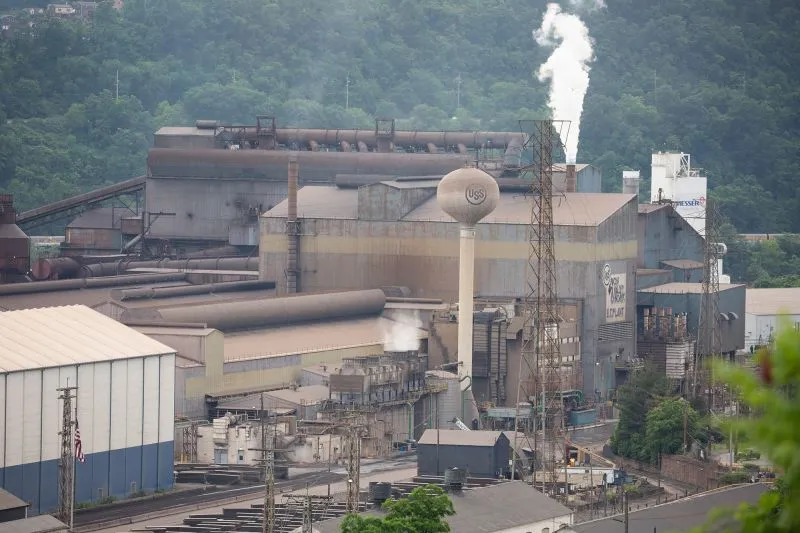US Steel Merger Faces Bipartisan Opposition from Key Political Figures

US Steel Merger: Political Landscape and Union Dynamics
In an unprecedented show of bipartisan resistance, President Joe Biden, Vice President Kamala Harris, and former President Donald Trump have all publicly opposed the pending merger between Japan’s Nippon Steel and the historic US Steel. This coalition arises from a shared concern over potential foreign ownership of an iconic American company that symbolizes the nation's industrial past.
Bipartisan Opposition
In a recent address on Labor Day, Harris emphasized the significance of maintaining strong American steel industries, echoing sentiments expressed by Trump at a Pennsylvania rally. Both leaders, representing different political ideologies, align on the need to protect US Steel's legacy and workforce.
Union's Role in the Negotiations
The United Steelworkers union has emerged as a pivotal player in the negotiations, leveraging its political influence to negotiate better terms. Analysts believe a favorable deal may still be possible if the union and Nippon Steel can find common ground. Steel analyst Philip Gibbs highlights the union’s aim to secure the best possible outcomes for its members amid the ongoing discussions.
Global Competitive Edge
US Steel contends that this merger could enhance its global competitiveness, asserting that Nippon Steel's proposed investments are crucial for securing jobs and modernizing facilities. However, skepticism persists within the union regarding the long-term impacts of this merger on jobs and wages, as members fear the transition from traditional steel production to electric furnace methods.
Conclusion: The Path Ahead
While strong political and public opposition could jeopardize the merger's approval, experts caution that the landscape can shift rapidly if the union reconsiders its stance. The ongoing deliberations will undoubtedly continue to attract scrutiny as both sides of the aisle grapple with the implications of foreign ownership in a historic American company.
This article was prepared using information from open sources in accordance with the principles of Ethical Policy. The editorial team is not responsible for absolute accuracy, as it relies on data from the sources referenced.